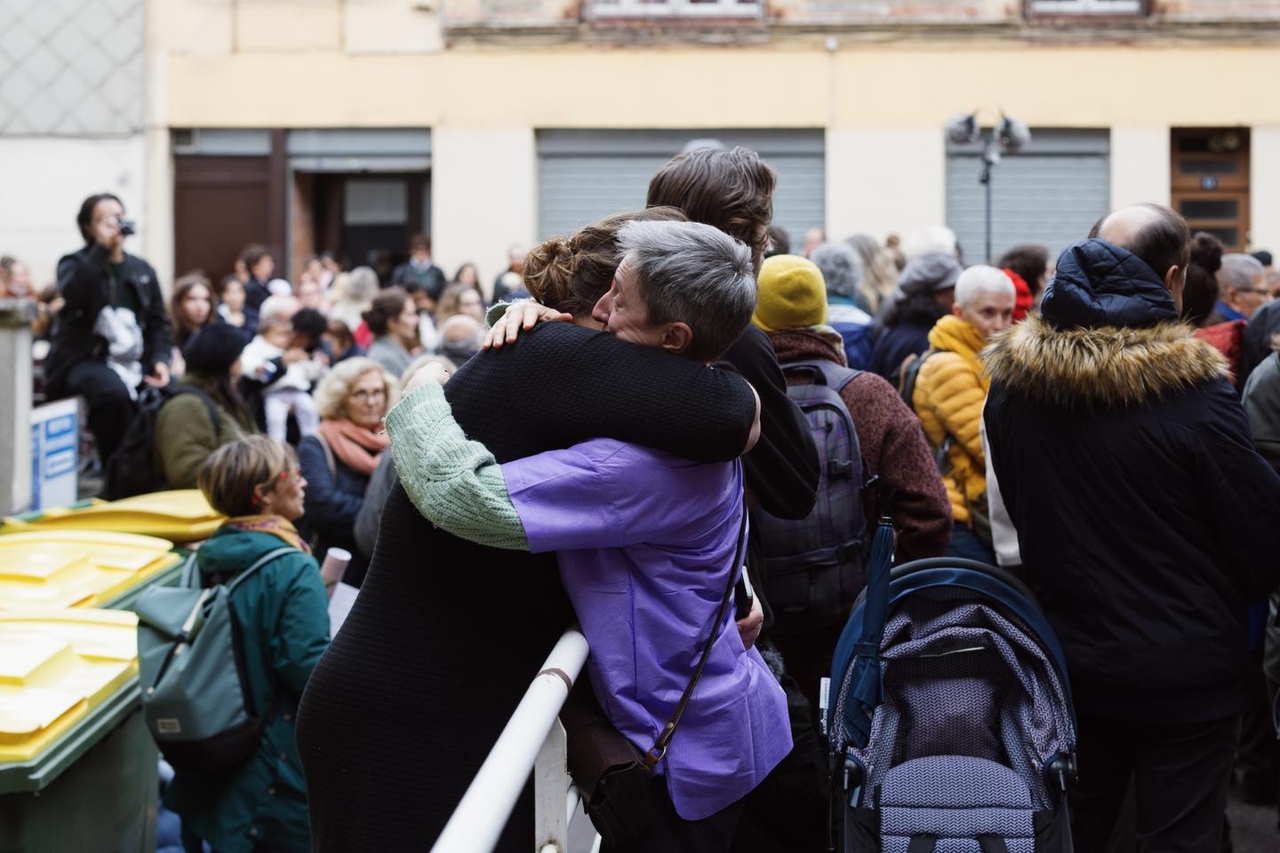The final days of the Lilas maternity hospital: "It's the end of an eldorado where women's choices were at the heart of care, whether for an abortion, an epidural, or a cesarean section."

Ada. The maternity team at Les Lilas hospital in Seine-Saint-Denis will remember this name. It was the name of the last baby born there, five days before its final closure on October 31st. The decision was made by the Île-de-France Regional Health Agency (ARS) in July . "No births were scheduled for the last week to avoid having to transfer any patients," explains Angélique Kuipers, the midwife who came to check that Ada was able to breastfeed Hope. Sitting on her bed, her baby on her chest, this mother (who preferred not to give her last name) would have preferred to do without "this symbolic title. How can they close this place that supports us with such kindness and our choices during pregnancy?"

Walking through the deserted maternity ward corridors, Angélique Kuipers feels as if she's attending a wake. The women's cries have given way to a heavy silence. Only three patients, including Hope, remain hospitalized, compared to 18 under normal circumstances. The midwives and nursery nurses spend their last moments together, reminiscing about the past. "We don't want it to end. But given the limited number of medical procedures to perform these last few days, we also want to finish as quickly as possible," admits Kuipers, who remembers being astonished, during her first shift in 2020, to see a patient's refusal to induce labor respected. It's the end of an era. where women's choices were central to their care, whether for a medical abortion, an epidural, or a cesarean section.
A hub of activism since its founding in 1964 by a wealthy countess, Colette de Charnière, the Lilas maternity hospital performed abortions before their decriminalization and specialized in so-called "physiological" or "natural" childbirth. This method, imported from the USSR by Dr. Fernand Lamaze , limits medical interventions while respecting the woman's natural rhythm through multidisciplinary preparation (psychologist, osteopath, etc.) aimed at managing pain.
You have 63.18% of this article left to read. The rest is for subscribers only.
lemonde





